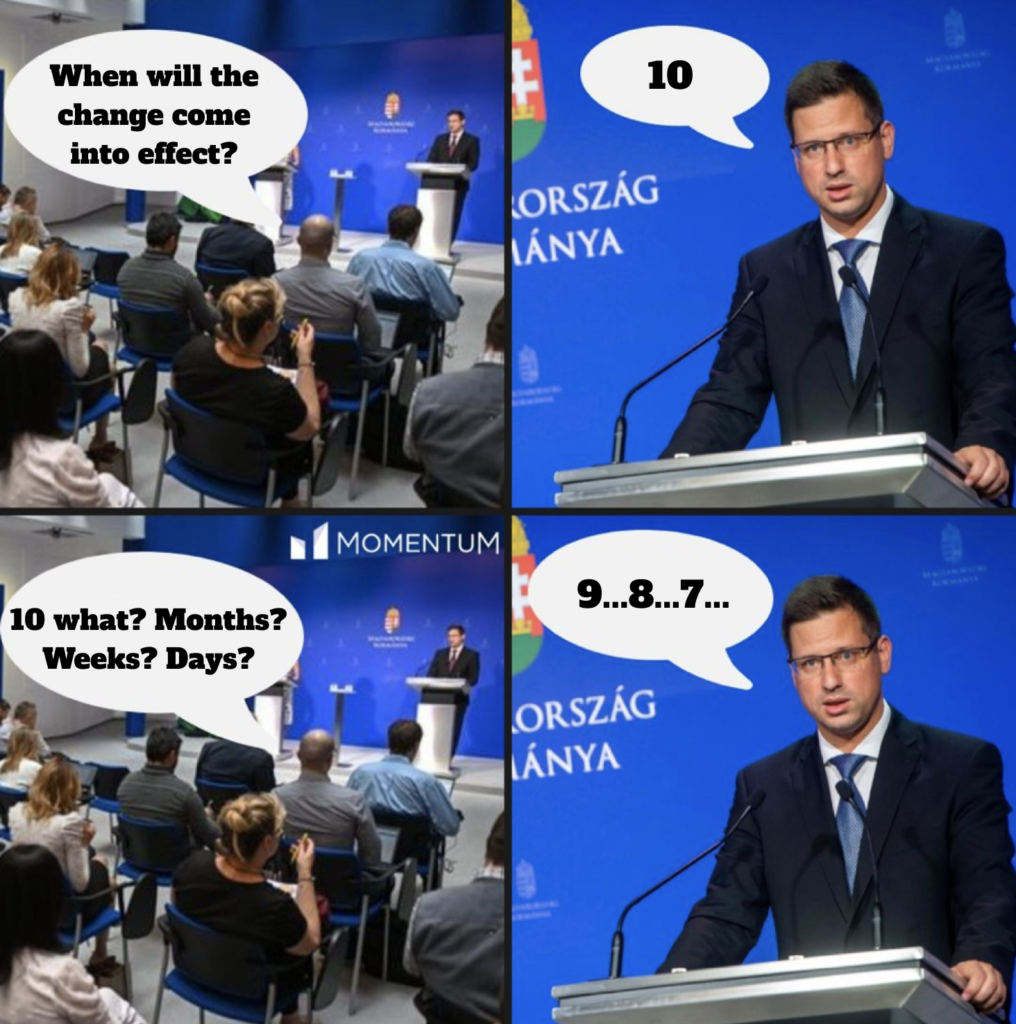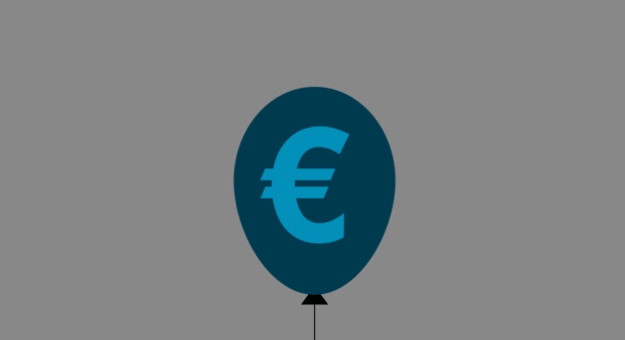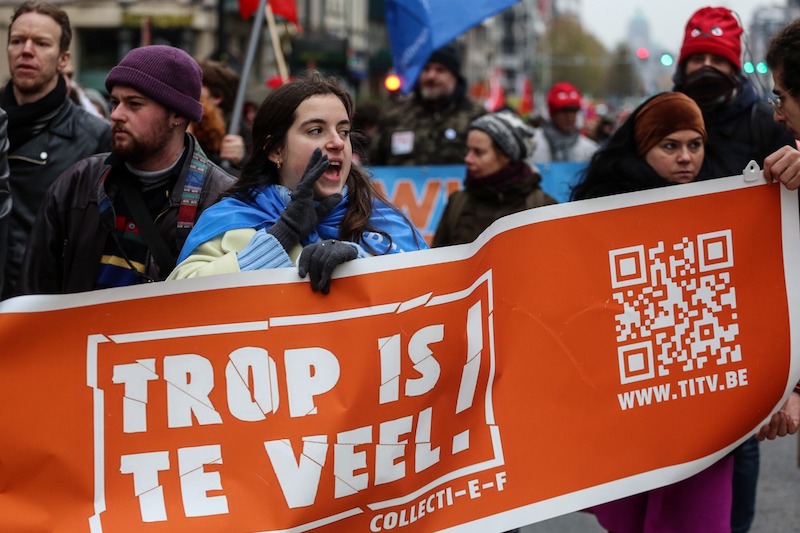Andrei Luca was teaching history when he heard the explosion of the first Russian missile that fell on the territory of Moldova. The sound of the muffled boom came from 6 km away, from Naslavcea, the village on the country’s northern border with Ukraine.
“In half an hour, the scared neighbors called me to tell me that the shock wave broke their windows, and some pieces of the ceramic tile on the roof of my house.”
Although this was the first direct damage from the war that has spilled over to Moldova, it was not the first severe blow to the country. Having half of the energy infrastructure in Ukraine destroyed by the war forced Kyiv to stop exporting energy, and Moldova had to look for alternatives for energy supply.
All of this is happening in a country with a 35% inflation rate (the highest in Europe other than Turkey) and an average salary of only a bit more than 500 euros. Inflation hits the elderly even harder: the state minimum pension is 100 Euros per month, but the monthly food basket is 120 euros.
This is because the separatist, Kremlin-backed Transnistria region decided to drastically cut its supply to Moldova. It used to supply 70%of Moldova’s energy, now it will provide only 27%.
After the bomb attack, Andrei had to spend 270 euros out of his pocket for bills, mostly for heating, now powered by electricity from Romania, which is three times more expensive. “This month we’re switching to wood and coal,” he says.
In order to ensure the bare minimum for his three small children, he does extra lessons, rents an apartment in the capital and works as a pastor at two evangelical churches on weekends. “We can’t afford to live on our salary alone,” he says.






